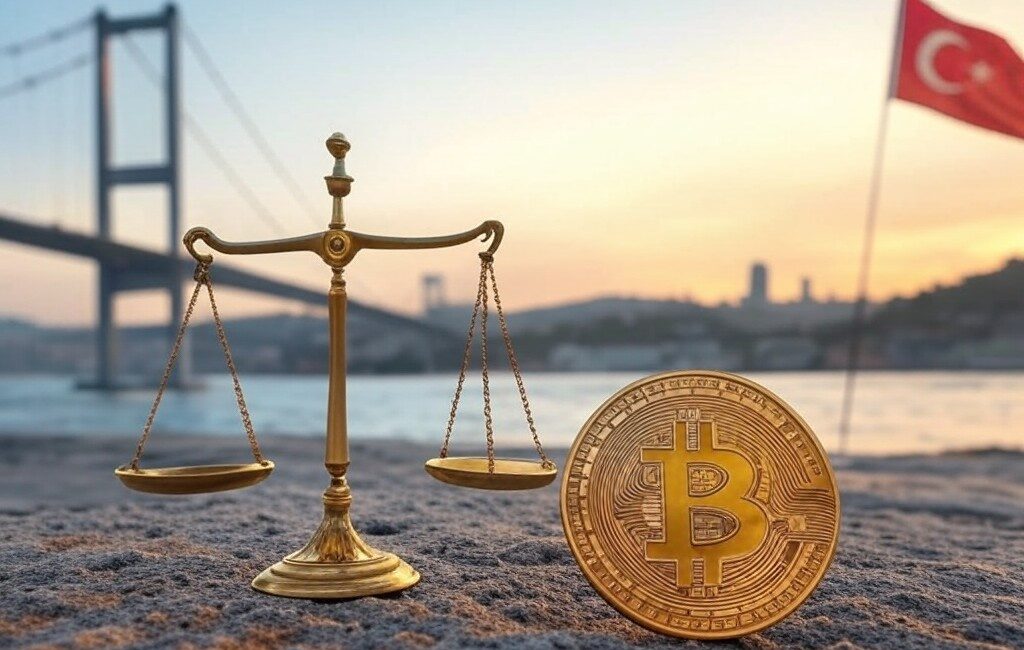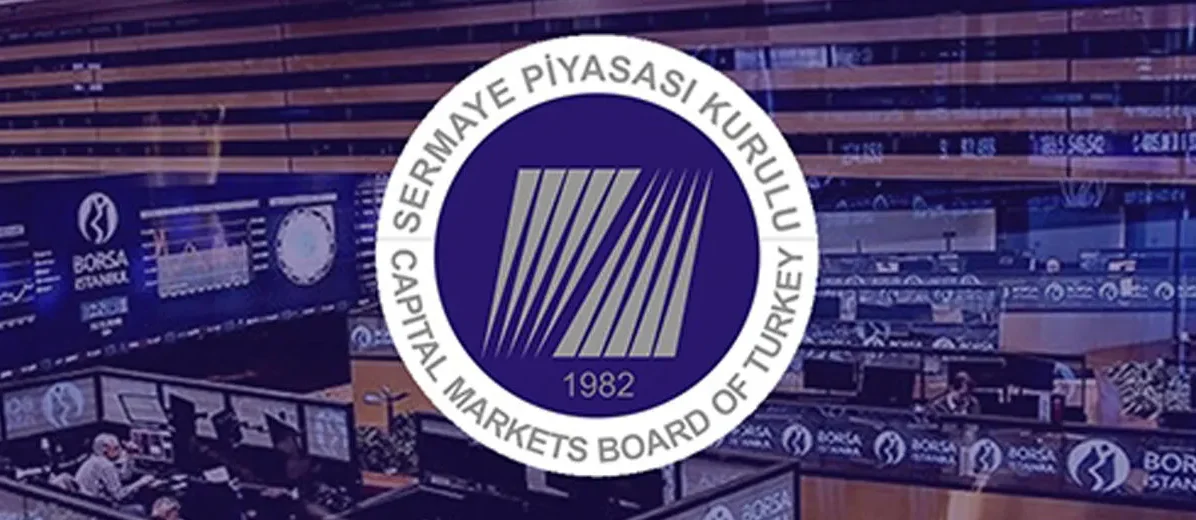
Bitcoin and Other Crypto Assets in Turkish Law

Are Bitcoin and Other Crypto Assets Legal in Turkey?
In Turkey, trading Bitcoin and other crypto assets is legally possible. The legislation regarding crypto assets in Turkey consists of the provisions added to the Capital Markets Law in 2024, the principle decisions of the Capital Markets Board (SPK), and the regulation issued by the Central Bank of the Republic of Turkey (TCMB).
In Capital Markets Law, crypto assets are defined as intangible assets that can be electronically created and stored using distributed ledger technology or similar technology, distributed via digital networks, and capable of representing value or rights. Meanwhile, the regulation issued by the Central Bank defines them as intangible assets but are not considered fiat money, electronic money, payment instruments, securities, or other capital market instruments.
Under the legal framework, cryptocurrencies are not subject to any classification based on their nature. Whether they are decentralized cryptocurrencies like Bitcoin or Ethereum (more precisely, Ether) orcentralized stable tokens like USDT, all are permitted to be traded on cryptocurrency exchange platforms.
Is the Use of Crypto Assets as a Means of Payment Prohibited in Turkey?
The use of crypto assets for payments has been prohibited by a regulation issued by the Central Bank of the Republic of Turkey. According to Article 3 of the said regulation:
• Crypto assets cannot be used directly or indirectly for payments.
• No services can be provided to enable the direct or indirect use of crypto assets for payments.
The legal consequence of violating this rule is absolute nullity under Article 27 of the Turkish Code of Obligations. Any contract stipulating that a payment obligation will be fulfilled using cryptocurrencies will be considered legally invalid.
In Turkey, only banks and licensed payment service providers can offer payment services (Law No. 6493, Article 13/2). If an unauthorized party provides such services, they may face administrative fines. For instance, a crypto exchange that facilitates the use of crypto assets as a means of payment—such as offering Coinbase Card-like payment solutions in Turkey—could be subject to financial penalties.
Can Crypto Exchanges Be Sued in Turkey?
It is possible to sue crypto exchanges in Turkey. Similar to the MiCA regulations, crypto exchanges operating in Turkey are required to implement necessary regulations, take precautions, and establish internal control units and systemsto ensure the secure management of their platforms.
Any contractual provision that eliminates or limits the liability of crypto exchanges toward their customers is considered invalid. Exchanges are obligated to establish effective internal mechanisms to resolve customer complaints and disputes, as well as to verify the identities of their customers (KYC requirement).
As in the MiCA regulations, crypto exchanges must ensure that they do not sell more crypto assets than they actually hold in their platform wallets. Disputes between crypto exchanges and their customers are subject to general legal provisions, meaning that laws such as the Turkish Civil Code, Turkish Code of Obligations, and Turkish Commercial Code apply to such cases.
Are Crypto Assets Considered Property in Turkey?
In Turkey, crypto assets have not been explicitly defined as property by lawmakers or the government. According to existing regulations, crypto assets are considered intangible assets that can represent value or rights. Whether they are considered property under the Turkish Civil Code is a matter of debate in legal literature. In case of disputes, judges will try to fill the legal gap based on the specific characteristics of the case. For example, whether a Peer-to-Peer transaction can form the subject of an exchange contract will be determined in this way.
In conclusion, the legal regulations concerning Bitcoin and other cryptocurrencies in Turkey, as in many other countries, are still in the early stages. Over time, more detailed regulations will be made, and legal security will be enhanced.










Yorum gönder